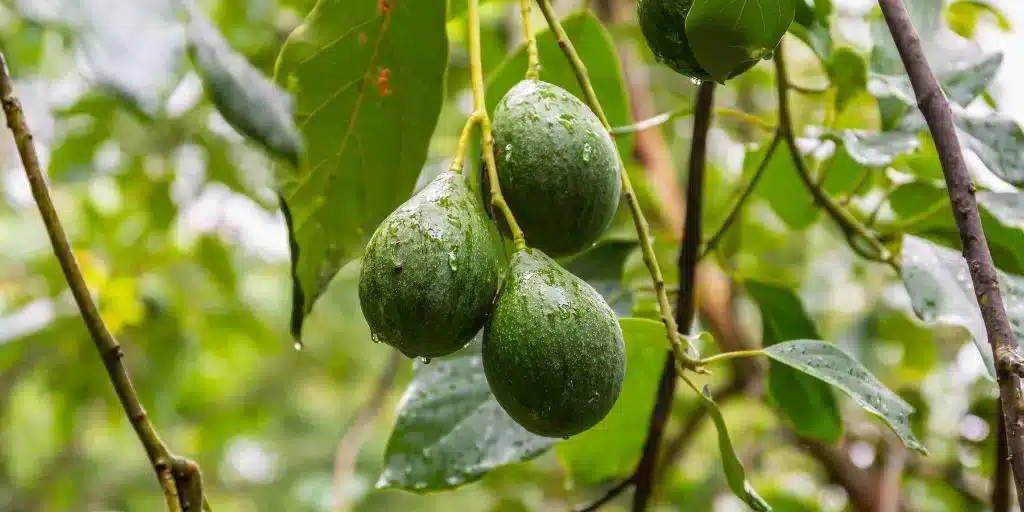Promoter given six months to reformulate project ‘vetoed’ in January
An “unfavorable impact declaration” for a massive new avocado plantation in the Alentejo – expected to use 67% of the available groundwater in the area – has not signalled the end to the locally-contested project.
State-backed CCDRA (the Commission for Coordination and Regional Development of the Alentejo) has given promoter Aquaterra six months to reformulate its proposal.
An email from CCDRA’s vice-president to Expresso (which reported at the end of January that the project had been rejected) stresses: “Contrary to the news reported, there is not yet a final decision…”
The mail explained that the ‘unfavorable impact declaration’ “allowed the possibility of reformulating the project in the sense of reducing the significance of the negative impacts”, which Aquaterra has taken up.
As Expresso pointed out in December, the project seeks to increase the area in Alcácer do Sal covered by avocados tenfold – avocados being “one of the fruits that consume the most water” – and Alcácer being one of the territories in Portugal most affected by water scarcity.
“The new project forecasts a consumption of 67% of groundwater, a total of 11 million litres per day”, said the paper.
It involved sinking 34 new boreholes in the municipality, and encroaching on land with ZEC classification (Special Conservation Zone).
Pedro Horta of environmental NGO Associação ZERO believes it makes no sense to let this project through. It would need “substantial change” to comply with ZEC requirements alone, before one considers the sheer quantity of water required.
But the way ahead now is ‘reformulation’, after which the CCDRA will have 50 days to pronounce (allowing only 10 days for public consultation).
The previous proposal had a 30-day period for public consultation, during which it received 341 opinions, all but six of them contesting the project.
As Expresso explains, the area’s groundwater (held in what is termed the Bacia Tejo Sado/ Margem Esquerda) “is one of 21 in a critical condition, with levels significantly interior to median averages and showing signs of over-exploration in certain areas”.
In terms of water usage this project on its own represents more than 10 times that ‘necessary for the population of Alcácer do Sal, which already faces a water shortage”, adds the paper, alluding to another plantation – for 543 hectares of tangerines – promoted by Aquaterra in the same municipality. This project also received an initial unfavorable environmental impact declaration – citing “the potential destruction of habitats” because of the size of planted area envisaged – and was later ‘reformulated’ to receive a conditional favorable declaration.
The condition, says Expresso, was that Aquaterra had to provide a Plan of Action and Valorisation.
“Questioned over this plan – and whether it will be reducing the area for the planting of avocados – Aquaterra did not respond in time (for publication)”, concludes the paper.
Bottom line is that in spite of crippling water scarcity, Portugal’s State authorities are still considering projects that will drain precious underground reserves even further.
Aquaterra meantime presents itself as a “sustainable agricultural investor, asset manager and operator specialized in regenerative agriculture and forest conservation projects”.
Source material: Expresso




















